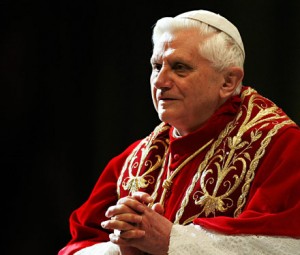Forbes recently released its latest list of the world’s most powerful people. Americans and politicians both fared well this year, and an American politician received the highest overall ranking.
|
Rank |
Name/Title |
Organization |
Age |
|
1 |
Barack Obama President |
United States of America |
50 |
|
2 |
Vladimir Putin Prime Minister |
Russia |
59 |
|
3 |
Hu Jintao President |
People’s Republic of China |
68 |
|
4 |
Angela Merkel Chancellor |
Germany |
57 |
|
5 |
Bill Gates Co-Chair |
Bill and Melinda Gates Foundation |
56 |
|
6 |
Abdullah bin Abdul Aziz al Saud King |
Saudi Arabia |
87 |
|
7 |
Pope Benedict XVI Pope |
Roman Catholic Church |
84 |
|
8 |
Ben Bernanke Chairman of the Federal Reserve |
United States of America |
57 |
|
9 |
Mark Zuckerberg Founder |
|
27 |
|
10 |
David Cameron Prime Minister |
United Kingdom |
45 |
To create the list of the 70 most powerful people in the world today, Forbes used four evaluative criteria:
- How many people the person has power over
- Financial resources under that person’s control
- Arenas or spheres of the individual’s influence
- How actively the person wields her/his power
So What?
What makes someone powerful depends on a number of variables. Given the nature of Forbes as an entity and the scope of power being considered, the criteria chosen are logical.
- If you were seeking to determine the most powerful people in the world and had access to whatever data you desired, what evaluative criteria would you use to craft your ranking?
- What does power look like in the context of a local congregation? More specifically, in that setting:
- How do you define power?
- What evaluative criteria would you propose to use to measure the relative power of individual members?
- Who do you believe to be the five most powerful people in your congregation? Would these individuals rank in the top five within your congregation if those within that group were evaluated using the Forbes’ criteria?
